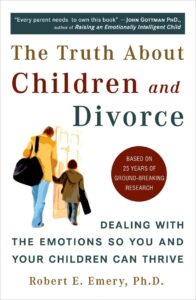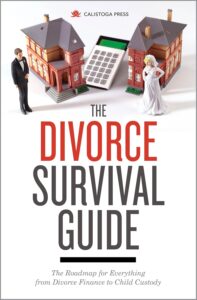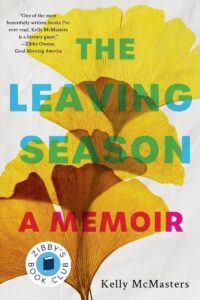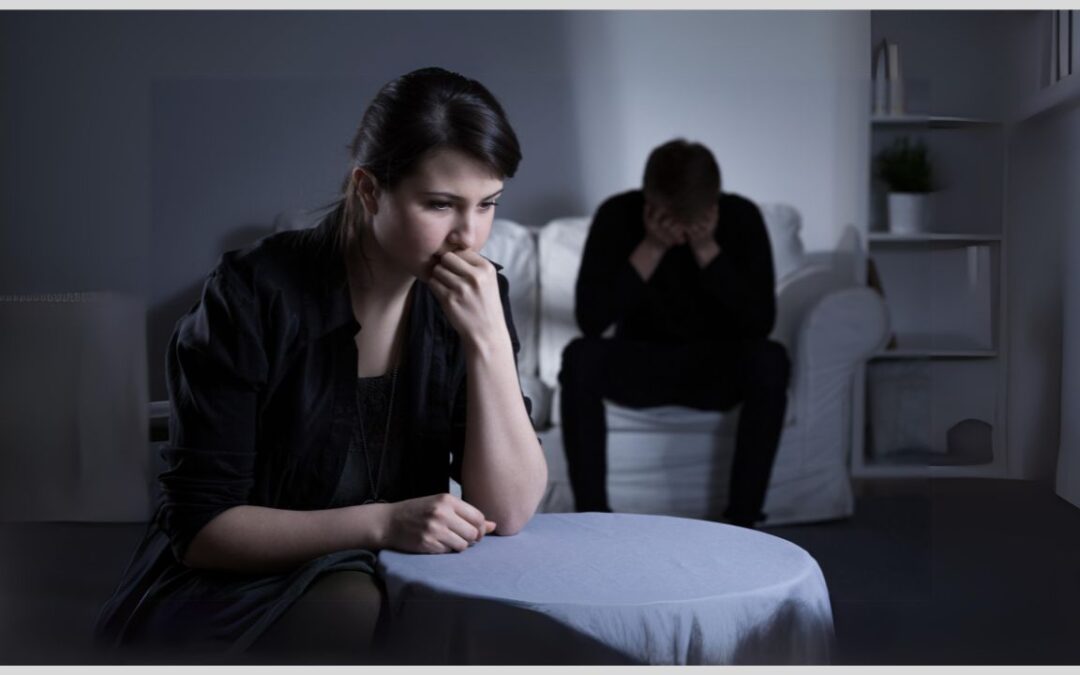Some of you may have noticed the recent change in my last name. That is not your imagination – I’ve gone back to my maiden name after my divorce was recently finalized. I filed for divorce from my husband earlier this year. It was amicable with us keeping the focus on just getting through it and figuring out how to co-parent our autistic son J and his younger brother without being in the same living space. I’ve had time to reflect on the reasons for the divorce and why I stayed so long in a bad marriage when I knew in my heart that we were two people who were not a good fit for each other. One of reasons why I delayed divorce was for my autistic child, and I know now that was not a good reason to stay.
Autism and rates of divorce
First, I want to say that my son J and his brother were in no way part of the reason behind my divorce. If anything, they were a big part of the rationale for trying to keep our family together for much longer than I should have. Given that, having an autistic child does put an additional strain on a marriage.
While an autistic child can bring more challenges to a marriage, it doesn’t necessarily mean there is a higher risk of divorce. In 2011, a study published in the Journal of Family Psychology did find a higher rate of divorce among its participants (23.5% vs. 13.8%) throughout their autistic child’s childhood, adolescent and young adult years. However, more recent studies have found that parents of an autistic child have no greater risk of divorce than those of the broader population. It really depends on the couple and how they handle these and other challenges in their marriages.
Effects of divorce on autistic children

After a lot of reflection during this past year, I realized that one of the reasons I chose to stay in my marriage was the worry about how a divorce would impact my son J and his brother.
As many of you can attest, it is more common for those of us as parents of autistic children to feel or be isolated from family and friends. Our relatives and friends we had before our child was born don’t understand autism or why we have to do things the way we do. They see us as inflexible and even unreasonable. Some see us as bad parents because they feel like we cannot control our child, and they don’t like our son’s or daughter’s behaviors. For them, it’s easier to just back away or significantly limit the time they spend with us.
As a result, we parents have no or very little support and are doing everything ourselves except for the childcare and services that we pay for to help with our child(ren). For my husband and me, we definitely experienced this. It was terrifying for me to try to imagine being a single mom and providing J with what he needed without hardly any support. It was hard enough with two of us trying to hold things together.
And the impact of divorce on autistic children is real. They thrive on routines and consistency. It’s hard to do that for them as they go back and forth between homes. It can work if the parents work together and have the same rules and items for their child in both homes. However, it won’t be perfectly aligned, and it’s hard to get your autistic child to that place to understand it. It’s also challenging to figure out who is taking the child to therapies, dealing with the school, etc.
For some couples who have high-conflict divorces, there can be some real ramifications for the autistic child’s health care, regression of behavior, stress from routine changes, academic consequences and more.
Which is worse for kids – divorce or constant conflict?

There has been a lot of studies about children and the effects of divorce. I’ve reviewed a lot of them as I was researching divorce in my state and what to do as I was contemplating filing for divorce. What I found gave me a sinking feeling in my stomach. I had assumed from high-level messaging I had heard for much of my adult life that divorce was really bad for kids. I was wrong.
In fact, it’s not so much the actual divorce that affects our kids; it’s the constant conflict that affects them. That goes for either during the marriage or post-marriage. So, if you get divorced and come away as a happier person over time, then it’s much better for your children than staying in a bad marriage full of conflict. (Some studies also find there is a financial element too – for those households in poverty, effects of divorce on children can be more negative in addition to the conflict.)
I should have known that. My parents were divorced when I was in elementary school and then remarried a couple of years later. Things were not better. It seemed like in a short amount of time that they were back to the place of a lot of conflict. My brother and I agree that it would have been much better if they had not remarried. They had their reasons, and my mom had legitimate financial concerns that lead her to go back to college with an inheritance from her grandmother and earn her teaching degree during my middle and high school years. She was then ready financially and professionally when my parents ended up divorcing again when I was in my mid-twenties. In hindsight, all of us would have been much better off emotionally had they remained divorced, and more importantly they would have been happier.
Yet, I didn’t learn from my own experience. What I kept thinking about was that I didn’t want J and his brother to have to go through their parents’ divorce. Being a product of a divorce myself, I did not want them to have to experience it. Now, having gone through it, they are okay. Granted, they are much older now than they would have been had I left earlier. However, looking back, I think we would have had a couple of hard years, but then things would probably have gotten better.
Don’t stay in a bad marriage for your autistic child
There were many factors that led to the breakdown of my marriage and divorce. I won’t get into those as my ex-husband and I know them.
One thing I want to say to other parents is that if you are having trouble in your marriage and contemplating divorce, don’t let staying for your autistic child delay doing what you need to do. Yes, by all means, do couples therapy and anything else you need to do to try to fix your marriage first. Those things are very important to try to save your marriage.
But if they don’t work, and you are miserable and know in your gut that you need to walk away, please do not stay only for your child. Ultimately, they and you will be okay. In fact, it will most likely make you and your kids much happier after you get through the initial phase of divorce. You will have a home that will be a better and healthier environment for you all. There will be much less conflict, and you won’t have to walk on eggshells anymore.
I listened to so many podcasts and read so many articles as I contemplated divorce. The one thing they all emphasized: it will be better on the other side. Give it time. So far, I am experiencing that myself. More importantly, my son J and his brother are seeing that too.
Additional resources
Here are some of the resources that I found really helpful. I hope they can help you too if you are contemplating divorce. Marriage and divorce are both difficult. Do what is best for your family.
How Not to Suck at Divorce Podcast

The D Word: Making the Ultimate Decision about Your Marriage (affiliate link)

The Truth About Children and Divorce: Dealing with the Emotions So You and Your Children Can Thrive (affiliate link)

The Divorce Survival Guide: The Roadmap for Everything from Divorce Finance to Child Custody (affiliate link)

You Could Make This Place Beautiful: A Memoir (affiliate link)

The Leaving Season: A Memoir (affiliate link)

Live Free and Hike: Finding Grace on 48 Summits – A Journey of Healing and Self-Discovery Atop New Hampshire’s White Mountains (affiliate link)








